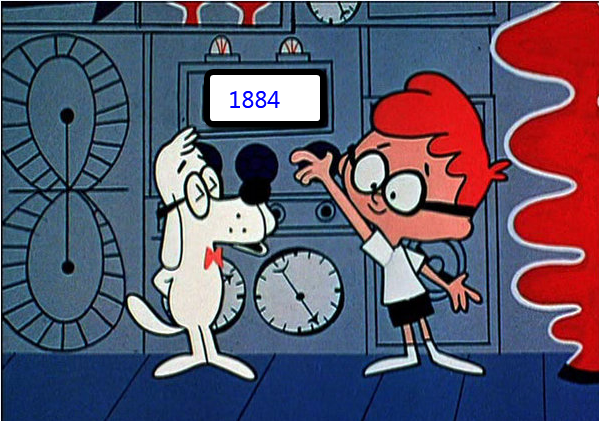When the dust has (thankfully) settled following Election Day, writers on politics, and on religion, and on religion-and-politics, will be analyzing what it all means for the future direction of U.S. culture.
Some matters on the agenda:
* Are the results a fluke, or a trend? What do they signal about 2024? Is the “religious right” a growing or receding force? How will the expected Trump 2024 campaign affect evangelicalism? What will Trumpism be post-Trump? Did the abortion issue hurt Republicans? Did religious liberty issues hurt Democrats? How do moral concerns shape inflation? Immigration? Crime? Ukraine?
* Then factions. What’s going on with the pivotal white Catholics? And Hispanic Catholics? Can Republicans ever make inroads among Black Protestants? Did religiously interesting new figures emerge among the Republicans’ record number of minority candidates?
* Here is a growing niche that should get its own sidebar: How crucial are non-religious voters for Democrats’ prospects?
* Oh, and how should journalists define “Christian nationalism” and how influential is that crowd anyway?
* And whatever else develops.
Specialists will be familiar with ReligionLink, a valuable service of the Religion News Association that, among other features, posts periodic memos on a specific topic in the news, providing detailed background, links to articles and proposed sources. Subscribe for free here.
Its October 18 posting laid out he midterm elections, listing no less than 76 background items from varied media and 25 expert sources. This material will remain just as useful for those post-election analyses next week and beyond.










